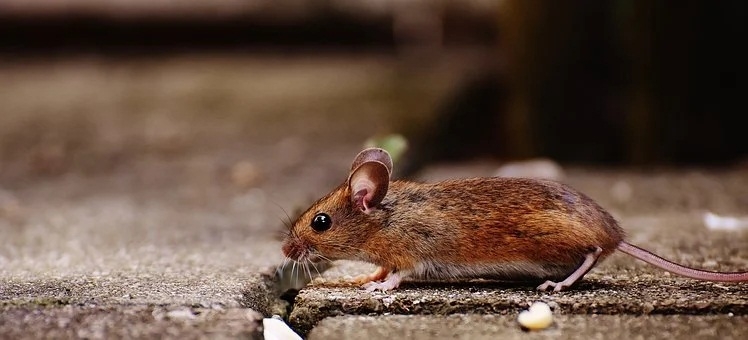Taipei: A team of Taiwanese researchers have identified a gene, which when modified, can extend lifespan of mice by 20 per cent, a finding that can also be applied on humans.
The team from Taipei Medical University in Taiwan showed that genetic modification rejuvenated cells in mice and delayed age dependent deterioration of their memory and heart, New Scientist reported.
Two-month-old mice were roughly equivalent to 18-year-old people, the report said.
The findings, not peer-reviewed yet, are promising as the benefits can be transferred to ordinary mice by a single transplant of blood stem cells.
“It was a big surprise. So far, we have not found any negative side effects,” Che-Kun James Shen, researcher at the University was quoted as saying.
His team genetically-engineered rodents in a lab to have a mutated version of the KLF1 gene. The mice ended up living longer, were unusually active in middle-age and did not go grey as early, the experts claimed.
To probe further, researchers at Academia Sinica injected a group of unmodified mice with blood from the rodents that were found to live longer.
Mice given the modified protein ‘typically’ lived for five months longer, an increase of around 20 per cent, Daily Mail reported.
They also remained healthier for longer, with their physical and mental performance starting to decline later than unmodified mice.
All humans already carry the KLF1 gene, which regulates the production of new red blood cells.
Further, the mice given the mutated KLF1 via a single bone marrow cell transplant, “appeared to have significantly higher anti-cancer capability” than normal mice.
They showed “reduced tumour growth” and lower rate of “spontaneous cancer incidence”, researchers said, at 12.5 per cent compared to 75 per cent in mice who did not undergo the procedure.
The cancer resistance of KLF1-mutated mice was not dependent on their age, gender or genetic background, the report said.
–IANS


Comments are closed.